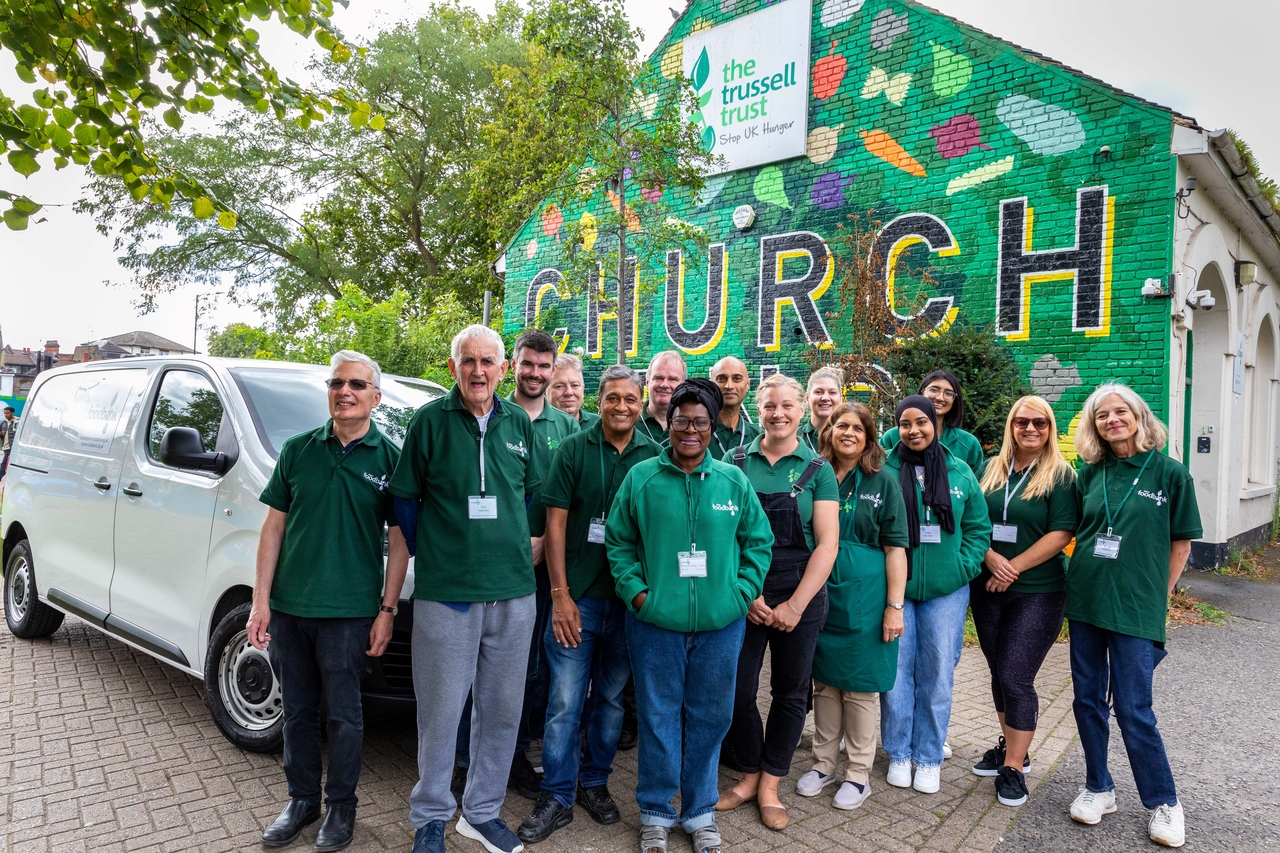Charity partnerships are becoming a vital strategy for businesses under pressure to deliver more social value than ever before — and to do it on tighter budgets.
While these financial constraints are nothing compared to the challenges facing the communities they aim to support, companies are experiencing very real internal pressures. CSR and ESG budgets are being scrutinised. Bid teams are facing increasingly complex procurement requirements. And community investment leads are being asked to prove impact in more rigorous, data-driven ways.
At the same time, expectations are rising — especially for companies bidding for public sector contracts or working in highly regulated industries. In this landscape, organisations must find ways to deliver meaningful, measurable social value without inflating costs. That’s where charity partnerships come in.
Social value demands are growing – but so are the constraints
“We’re seeing a 500% increase in the social value questions we’re getting asked at bid stage. And we have to get into a position where we can deliver against those commitments. Part of doing that is working with local charities.”
Michelle Levi, Director of Social Value at Jacobs.
Chris Dooley, Head of Social Impact at JCDecaux, shares a similar view:
“There’s a lot of uncertainty and pressure on budget which means we need to be more creative and imaginative about how we build partnerships that are genuinely valuable and productive for the charities we support.”
These comments reflect a wider shift in the role of social value in business. It’s no longer enough to make a one-off donation or deliver a token volunteering project. Companies must be able to show a clear link between their community investment and business outcomes — whether that’s improved contract win rates, employee retention, or ESG performance.
To do this, businesses must be more strategic about where and how they invest their social value budgets. They need to maximise the return on every pound and every hour.
Charity partnerships are a smart investment
Charities and community groups are already embedded in the communities businesses want to support. They have local knowledge, trusted relationships, and the ability to deliver meaningful results — often on a shoestring. For businesses, partnering with these organisations isn’t just the right thing to do. It’s a strategic way to maximise social value outcomes and demonstrate social return on investment (SROI) with tangible impact where it matters most.
Effective charity partnerships help businesses:
- Strengthen their competitive edge in bids and tenders
- Build trust and legitimacy within local communities
- Deliver targeted, place-based social value aligned to ESG, CSR, and S106 goals
- Generate tangible impact data to feed into bid submissions, ESG reports, and stakeholder communications
- Demonstrate SROI and business benefits by funding grassroots organisations with proven community reach and impact
For companies under pressure to meet strict procurement criteria and prove ROI on social value investment, these partnerships offer an efficient and scalable route to delivering measurable, real-world outcomes.
Small charities, big impact
Small VCSEs (voluntary, community and social enterprises) operate on tight budgets, yet consistently deliver powerful outcomes. They offer value for money, agility, and authenticity — qualities that resonate with procurement panels, internal stakeholders, and local communities alike.
When businesses fund these charities, they’re not just ticking a box. They’re generating meaningful results with a strong return on investment.
The real barriers: time, not willingness
For many businesses, the challenge isn’t a lack of commitment to social impact. It’s the logistics:
- How do you find relevant, credible local charities?
- How do you manage the funding process and ensure good governance?
- How do you track impact and report outcomes clearly?
That’s where technology can make all the difference.
Platforms like ActionFunder remove the barriers to effective community investment.
They offer:
- Direct access to ready-to-fund, verified community projects that align with business objectives
- Due diligence and FCA-regulated payments to groups built into the workflow
- Tools to track, report, and celebrate real-world impact
- Transparent pricing with no extra costs
In short, they enable businesses to get more value from every pound and every hour they invest in social impact.
A more strategic approach to social value
In today’s complex social and economic environment, a strategic, data‑driven approach to social value is essential. Rather than one‑off donations, charity partnerships provide measurable, long‑term impact — both for communities and businesses.
With the right partners and the right platform, companies can fulfil social value requirements, enhance procurement competitiveness and build employer credibility, all without escalating costs.
High‑impact, cost‑effective, and measurable: that’s the power of charity partnerships – when done right!
Get a demo of ActionFunder today to see how the platform can help you find, fund and follow hyper-targeted, high-impact charity partners with ready-to-launch community projects.



